In a subsequent tour of observation I encountered another of
these relics of a "foregone world" locked up in the heart of the
city. I had been wandering for some time through dull monotonous streets,
destitute of anything to strike the eye or excite the imagination, when I
beheld before me a Gothic gateway of mouldering antiquity. It opened into a
spacious quadrangle forming the courtyard of a stately Gothic pile, the portal
of which stood invitingly open.
It was apparently a public edifice, and, as I was
antiquity-hunting, I ventured in, though with dubious steps. Meeting no one
either to oppose or rebuke my intrusion, I continued on until I found myself in
a great hall with a lofty arched roof and oaken gallery, all of Gothic
architecture. At one end of the hall was an enormous fireplace, with wooden
settles on each side; at the other end was a raised platform, or dais, the seat
of state, above which was the portrait of a man in antique garb with a long robe,
a ruff, and a venerable gray beard.
The whole establishment had an air of monastic quiet and
seclusion, and what gave it a mysterious charm was, that I had not met with a
human being since I had passed the threshold.
Encouraged by this loneliness, I seated myself in a recess
of a large bow window, which admitted a broad flood of yellow sunshine,
checkered here and there by tints from panes of colored glass, while an open
casement let in the soft summer air. Here, leaning my head on my hand and my
arm on an old oaken table, I indulged in a sort of reverie about what might
have been the ancient uses of this edifice. It had evidently been of monastic
origin; perhaps one of those collegiate establishments built of yore for the
promotion of learning, where the patient monk, in the ample solitude of the
cloister, added page to page and volume to volume, emulating in the productions
of his brain the magnitude of the pile he inhabited.
Washington Irving, "London Antiques," from The Sketchbook of Geoffrey Crayon









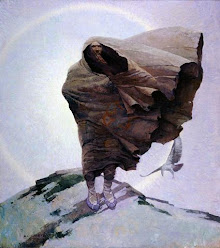













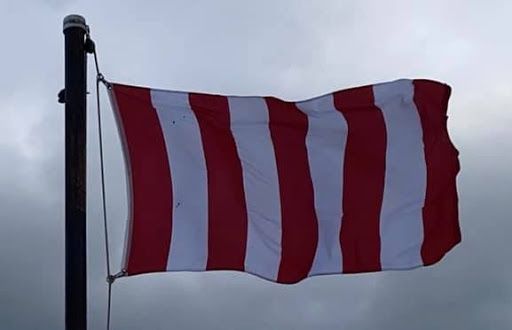
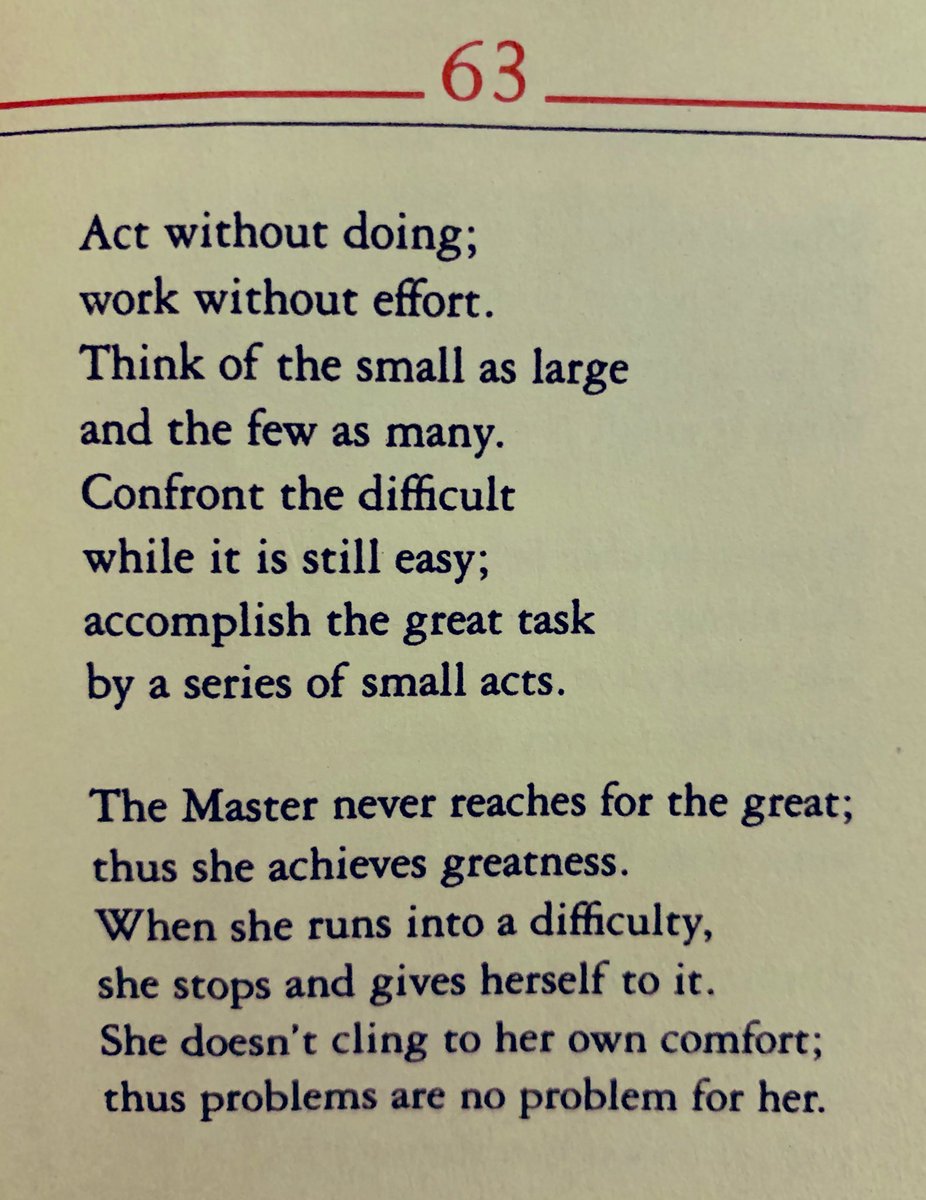









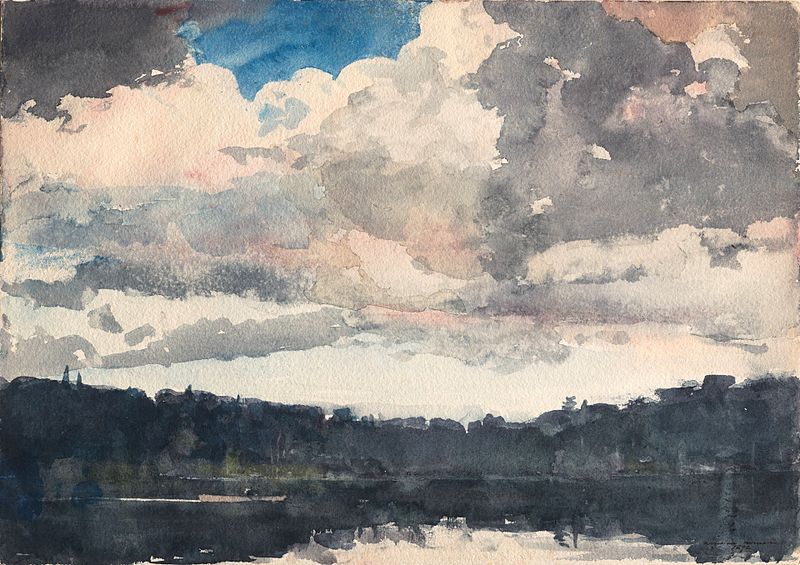





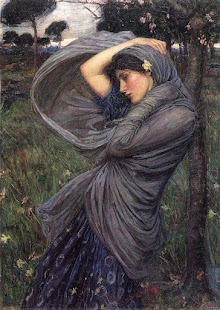












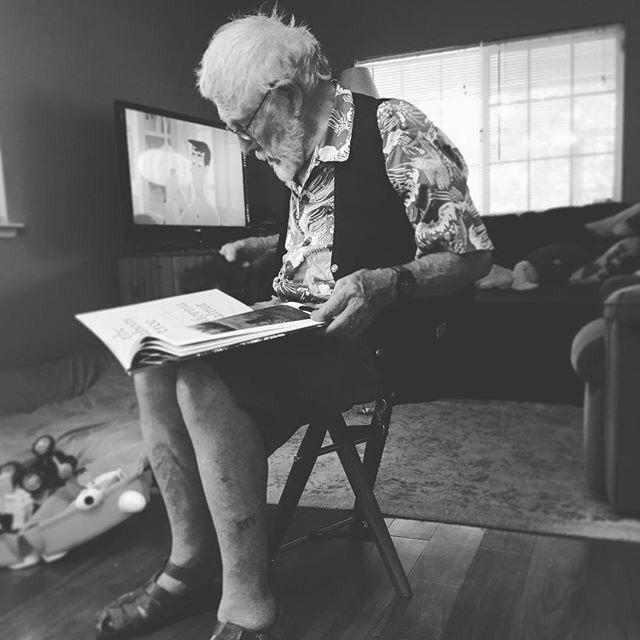

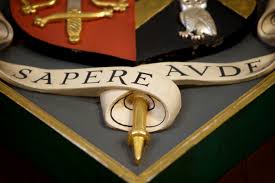


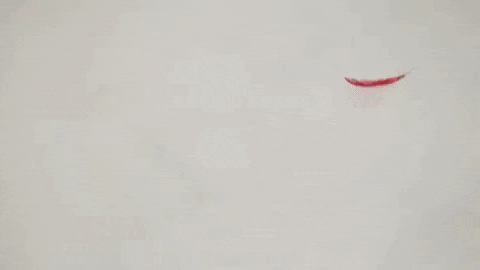



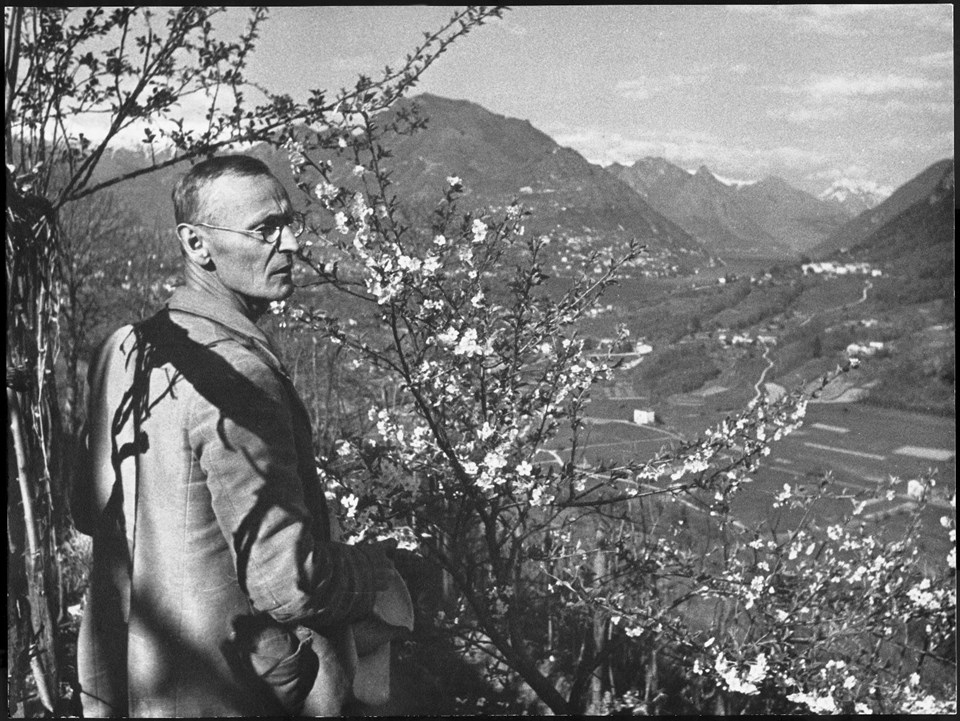


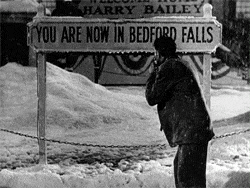







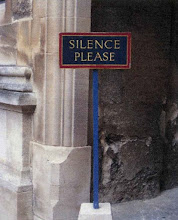









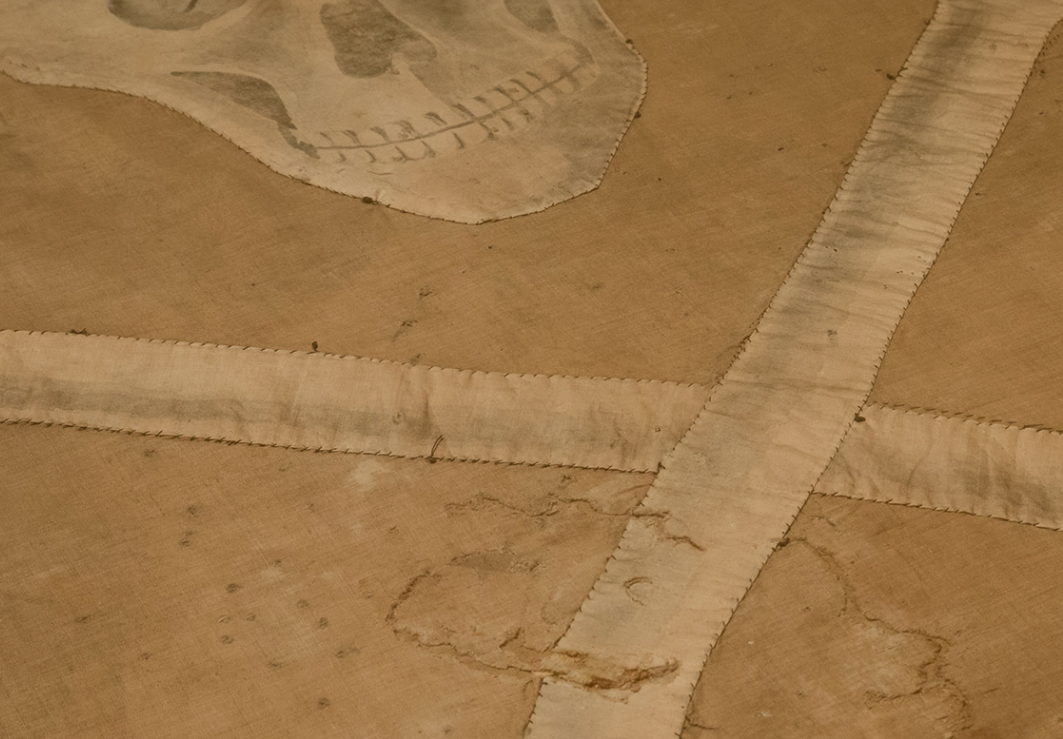

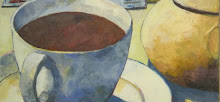
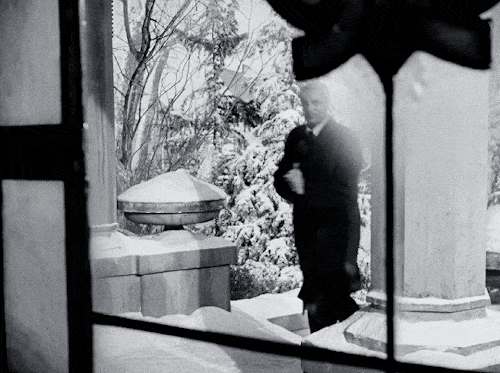


















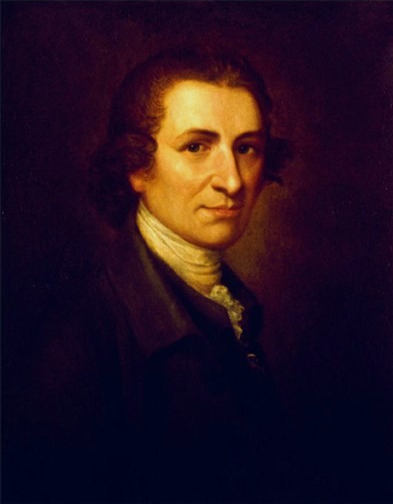


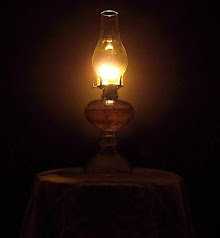







No comments:
Post a Comment